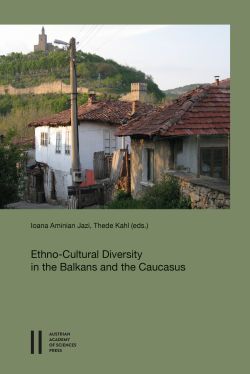
Ethnocultural Diversity in the Balkans and the Caucasus, pp. 57-80, 2023/02/09
The Alans were Iranian-speaking nomads who invaded Eastern and Western Europe in the Early Middle Ages and established their own state in the Northern Caucasus in the 10th century. Alan archaeology and history became highly politicized after certain North Caucasian peoples were deported to Central Asia and Kazakhstan in 1943–1944. Their Autonomous Republics were disbanded, and any reference to the past of the “punished peoples” was prohibited by the Soviet authorities. I will study a strategy used by Soviet archaeologists in the 1940–1950s, when the “punished peoples” (Chechens, Ingush, Karachai and Balkars among others) were still in exile, and again after 1957, when they returned to the Northern Caucasus. I will argue that two ideological approaches – “nationalist” and “internationalist”, which were employed in those decades, had a strong impact on archaeological interpretations of the Early Medieval past.
Keywords: North Caucasus, Alans, ethnogenesis, historical memory, archaeology